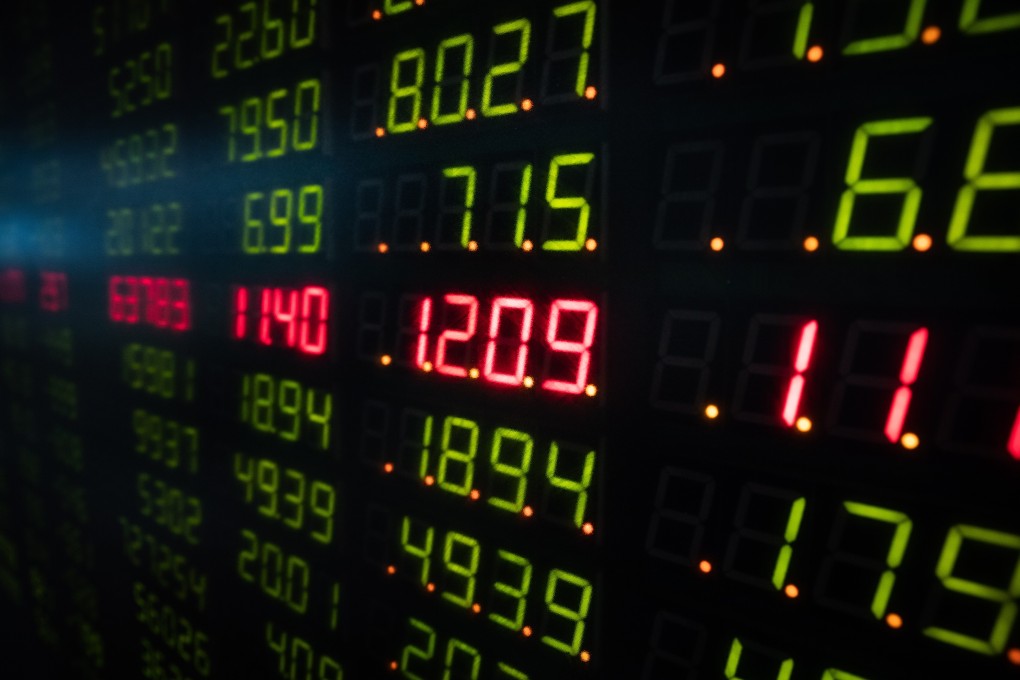Advertisement
Hong Kong stocks hobbled by tech slump amid regulatory bother as Baidu hits new post-IPO low
- Technology stocks weakened on poor buying support amid China regulatory risks with Baidu reaching new post-IPO low
- Oil stocks brightened as crude prices rallied 1.2 per cent, adding to a 14 per cent rally over the past month on lower stockpiles, economy reopening
Reading Time:2 minutes
Why you can trust SCMP

Hong Kong stocks fell as technology stocks slipped on overhanging regulatory risks while Baidu slumped to a new post-IPO low. Market sentiment also took a hit from higher Covid-19 cases across the region.
The Hang Seng Index fell 0.5 per cent to 28,417.98, reversing from an earlier gain of as much as 0.4 per cent. The benchmark added 0.7 per cent on Tuesday. Markets in mainland China remain shut for Labour Day and will resume trading on Thursday.
Technology stocks slipped amid regulatory challenges in China, in tandem with a 1.9 per cent slump in the Nasdaq Composite last night. Alibaba Group Holding, the owner of this newspaper, fell 2.3 per cent to HK$220, while Tencent Holdings declined 1.8 per cent to HK$610.50. The Hang Seng Tech Index lost 2.1 per cent.
Advertisement
Baidu fell 3.5 per cent to an all-time low of HK$194.30, or 23 per cent below its March IPO offer of HK$252. Traders may be bracing for state penalties after regulators this month named 33 apps operated by companies including Baidu for illegal data collection.
Big Tech including Microsoft, Apple and Amazon tumbled by 1.6 per cent to 3.5 per cent after Treasury Secretary Janet Yellen said rate hikes may be needed to stop the economy from overheating. She later walked back on her comments.
Advertisement
Advertisement
Select Voice
Select Speed
1.00x